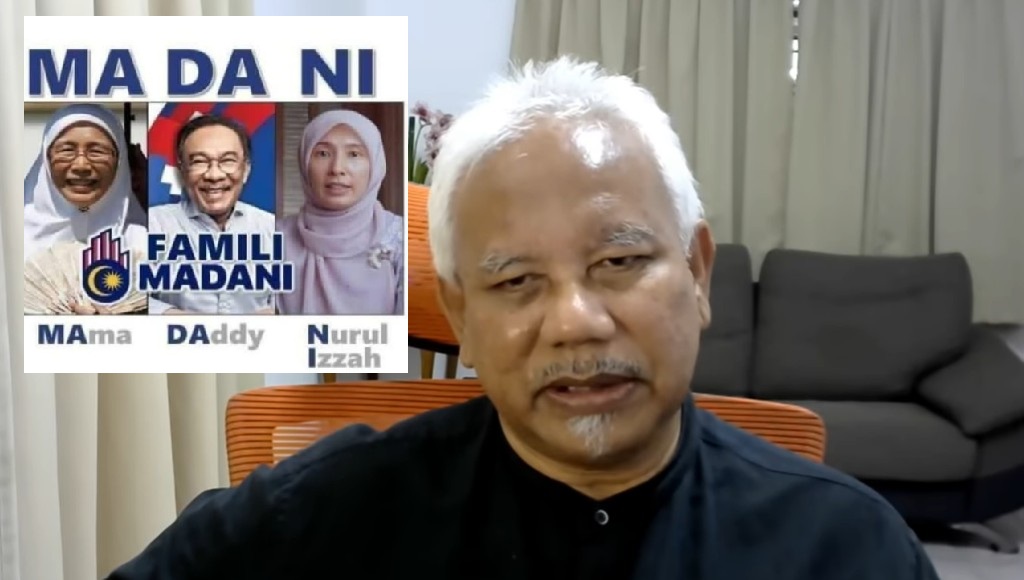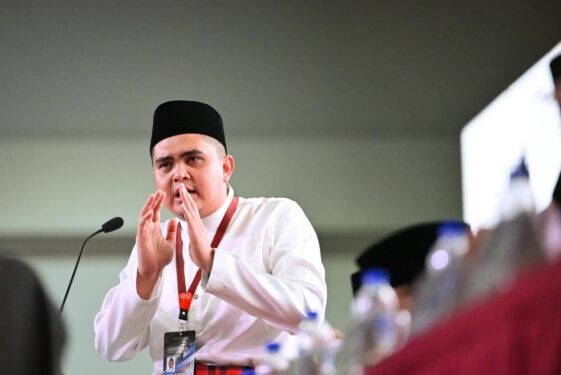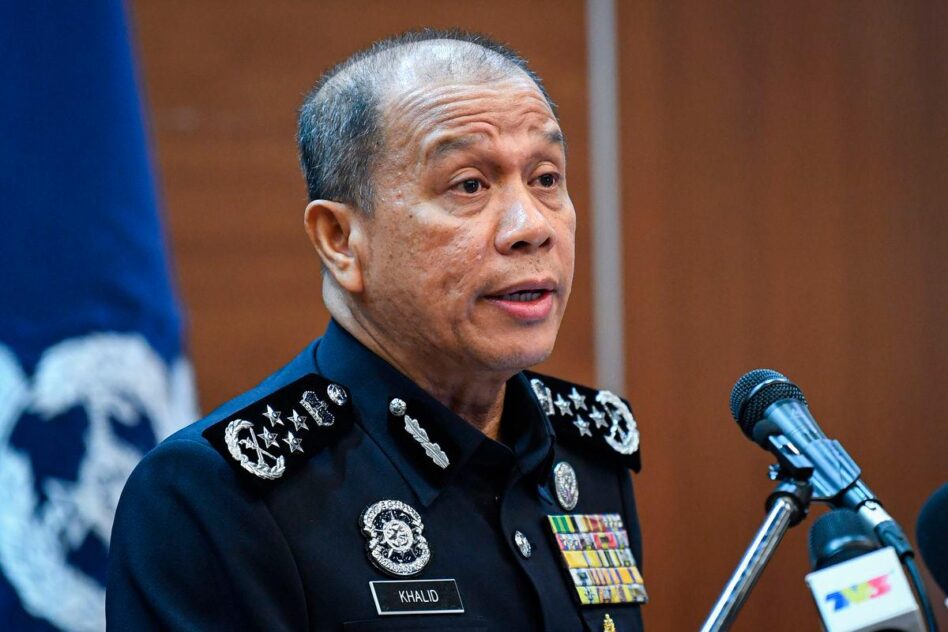HOWEVER much I oppose UMNO Supreme Council member Datuk Dr Puad Zarkashi, I must with much hesitation concede that he is right: Reformasi is virtually dead in PKR and the Pakatan Harapan (PH)-led coalition.
The exit of Datuk Seri Rafizi Ramli from his post as Economy Minister following his loss in the PKR party elections is a clear indication that Reformasi – once the rallying cry of the opposition – is now a relic of the past.
What was once a bold agenda for democratic renewal has faded into political opportunism and family consolidation.
For Prime Minister Datuk Seri Anwar Ibrahim, Reformasi served as a convenient facade during his years in the political wilderness.
Now in power, Anwar and his allies seem to have abandoned the reformist ideals they once championed. The pursuit of power and privilege has re-shaped the ruling party into one that bears little resemblance to its reformist origins.
All in a family
The most glaring betrayal of Reformasi lies in the party’s embrace of nepotism. The ascension of Anwar’s daughter, Nurul Izzah, to the position of PKR deputy president is emblematic of the party’s shift from reformist principles to dynastic politics.
If this isn’t nepotism, then what is this?
Unsurprisingly, Anwar’s academic cheerleader, Prof Dr Mohd Tajuddin Mohd Rasdi rushed to defend the Madani government’s reformist credentials.
Instead of addressing substantial reforms, he cited trivial examples: public criticism of Anwar, Datuk Seri Najib Razak’s imprisonment and students questioning PMX.
These are not hallmarks of reform – they are mere symptoms of a society in motion, not necessarily a government with reformist intent.
Tajuddin’s defence amounts to grasping at straws. His examples are mundane and miss the larger point: true reform involves systemic change, not incidental events. His arguments read more like the apologetics of a loyalist than the critique of an independent thinker.
Nurul Izzah’s rise to the second-highest post in PKR alone undermines any remaining claim the government has to reformist credibility.
The leadership structure is now complete: Anwar as Prime Minister, his wife as party advisor, and his daughter as the second-in-command. If this isn’t a family-run party, then what is?
Is Reformasi dead?
Strangely, Tajuddin also failed to address the most pressing contradiction of all: Anwar’s reported pursuit of legal immunity from civil suits.
No previous PM has sought such a shield. Can a man claiming to champion reform simultaneously seek to place himself above accountability?
Tajuddin, though an academic, demonstrates a worrying lack of analytical rigour. He conflates everyday occurrences with structural reform.

Reformasi was never about anecdotal progress – it was about institutional overhaul, accountability and the dismantling of entrenched power networks.
Ironically, while Johor State Legislative Assembly speaker Puad Zarkashi raised valid concerns, UMNO’s own horrific track record on governance renders it unqualified to speak on matters of reform.
Reformasi is not in UMNO’s vocabulary. The party is a relic of patronage politics – not progressive change.
Still, Puad’s criticism stings because it rings true. And it is all the more damning that even sycophantic praise for Anwar is beginning to dwindle.
Tajuddin and those like him would do well to apply a more objective lens. The Madani government cannot claim reformist legitimacy while entrenching familial politics and insulating its leader from legal scrutiny.
The death of Reformasi is not just symbolic – it’s systemic. – March 30, 2025
Former DAP stalwart and Penang chief minister II Prof Ramasamy Palanisamy is chairman of the United Rights of Malaysian Party (Urimai) interim council.
The views expressed are solely of the author and do not necessarily reflect those of Focus Malaysia.









